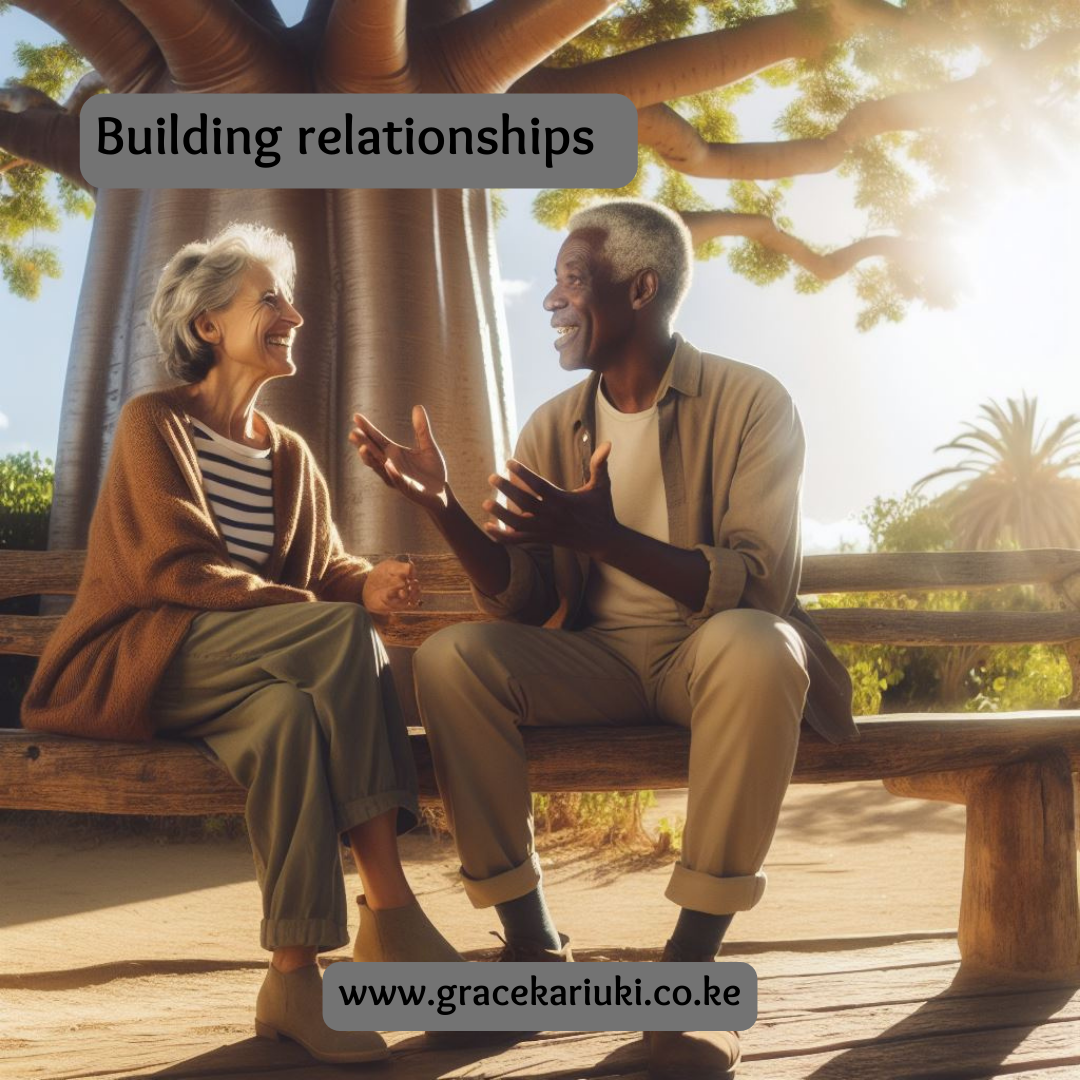In my line of work as a marriage and family therapist, one of the things that I often witness is couples is the struggle to communicate effectively. Being able to communicate is important in building a relationship, and a sure way to reduce incidents of miscommunication and conflict.

Active listening is one of the most powerful and efficient skills that I would recommend couples to be equipped with. It is not a skill that comes naturally – one needs to be keen to learn and apply it in their relationships. Active listening isn’t just about hearing the words that our partner is saying. It is about understanding the message behind those words and being able to give helpful feedback.
Today, we will be delving into what active listening is, what makes it crucial for the health and success of our relationships, and how to master this skill.
Active listening can be defined as a conscious effort to hear not only the words that the other person is saying, but the complete message they are communicating. In the confines of a relationship, it involves being able to pay full attention to your partner, understanding their message and responding thoughtfully.
Why is active listening deemed to be so important in relationships?
- It fosters deeper understanding.
Active listening helps partners understand each other’s perspective without judgement. This leads to the formation of a deeper emotional connection.
- It builds trust.
When a partner feels truly heard, it builds trust, and they are more likely to share their thoughts and feelings more openly.
- It reduces conflicts.
A high number of conflicts arise from misunderstandings. When we use active listening, this helps to clarify messages and prevent unnecessary conflict or disputes.
- It enhances emotional intimacy.
When we share our inner world, we become vulnerable. Using active listening is a way to create a safe space for such vulnerability, which in turn enhances intimacy between the partners.
- It promotes mutual respect.
Respect is an important pillar in any kind of relationship. Active listening shows respect for your partner’s thoughts and feelings and promotes the health of your relationship.
Having said that, what steps can we take to achieve active listening?
- Maintain eye contact.
Eye contact is a non-verbal cue that shows we are paying attention and are engaged in a conversation. And for us to maintain eye contact, we need to be off our phones, books or anything else that may be taking away our attention from our partner. Eye contact requires balance. When we do only a little eye contact, that can come off as disinterest. Too much eye contact on the other hand can be intense and to some extent feel hostile.
- No interruption, please.
It is important to let your partner speak without interruption, and this also shows respect for what they are saying and thinking. If this is a bit of a challenge, you can always take nice, long, deep breaths with the intention of refocusing your mind to what your partner is saying. It also helps to have these conversations away from disruptions like other family members or noisy places.
- Listen without judgement.
As you listen, you need to keep an open mind and try as much as possible to avoid jumping into conclusions. A nod here and there shows that you are actually listening.
- Reflect back on what you have heard.
You can then paraphrase what your partner has said, to confirm if what you understood is what they meant.
- Ask questions for clarification.
If something is still unclear, you can ask questions so that you can deepen your understanding. This way, you can be on the same page and clear any possible misunderstandings.
- Acknowledge your partner’s feelings.
You will need to acknowledge and validate your partner’s emotions. Remember, you are to be a safe space for one another to open up and be vulnerable. This vulnerability builds intimacy.
- Summarize the conversation.
At this point, you can recap what you have discussed, so that you ensure that you are both on the same page.
Active listening is a skill that will require practice. If need be, take these notes and keep referring to them as you continue to refine your communication within your relationship / marriage. Implement active listening in your daily conversations. As you do, pay attention to your partner’s body language or non-verbal cues, because these can also convey a message as strong (or even stronger) than words.
It is not always easy to practice active listening. There might be distractions, preconceived notions and emotional reactions that can interfere with the process. You both need to be mindful of these challenges and choose to make a conscious effort to overcome them. Be kind to yourself and to each other as you learn this skill of active listening. Remember, a big part of relationships involves patience and the willingness to grow. When you incorporate active listening into your relationship, you are sure to witness a positive transformation. For the sake of love and a thriving relationship, this is a journey worth taking.
Do you feel that you need help learning this skill and more for your relationship or marriage to thrive? You can always reach out to me for a session, where we will look into your relationship and come up with ways to help you navigate challenges and learn ways to strengthen your union.
May your relationship and marriage thrive!

